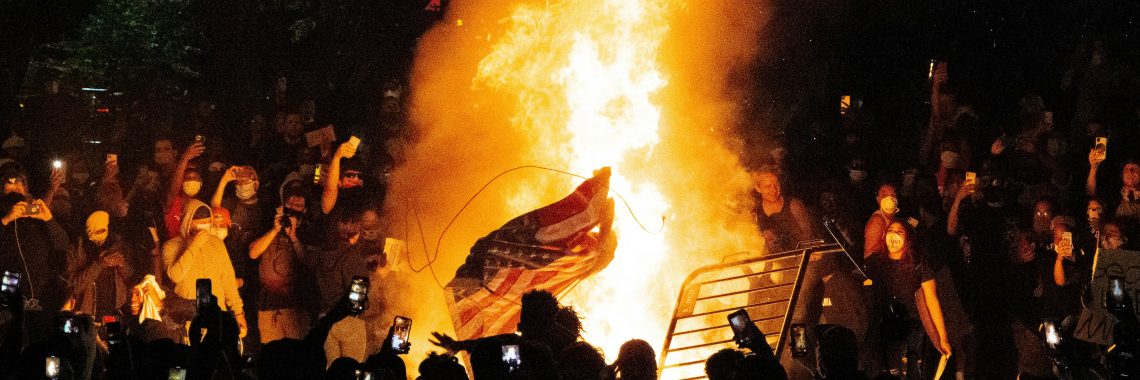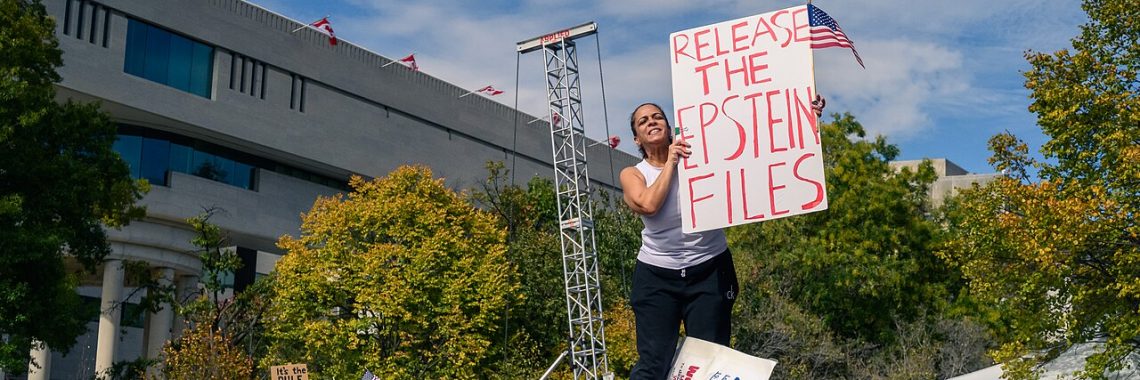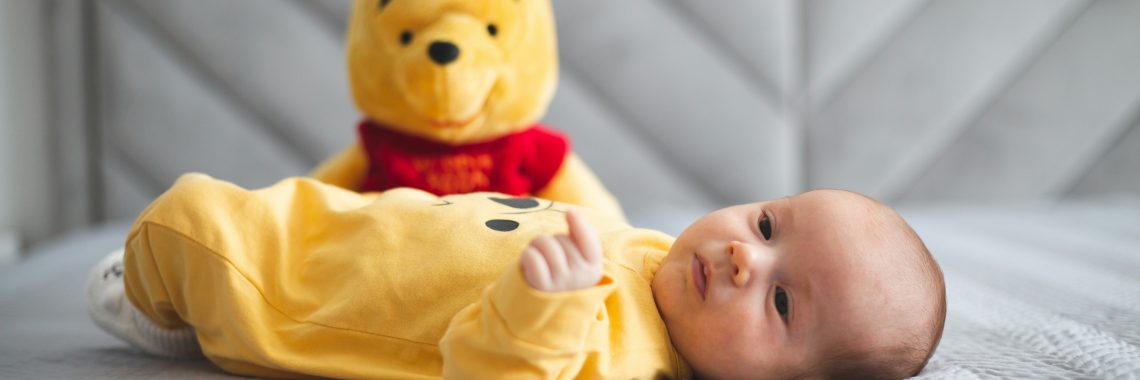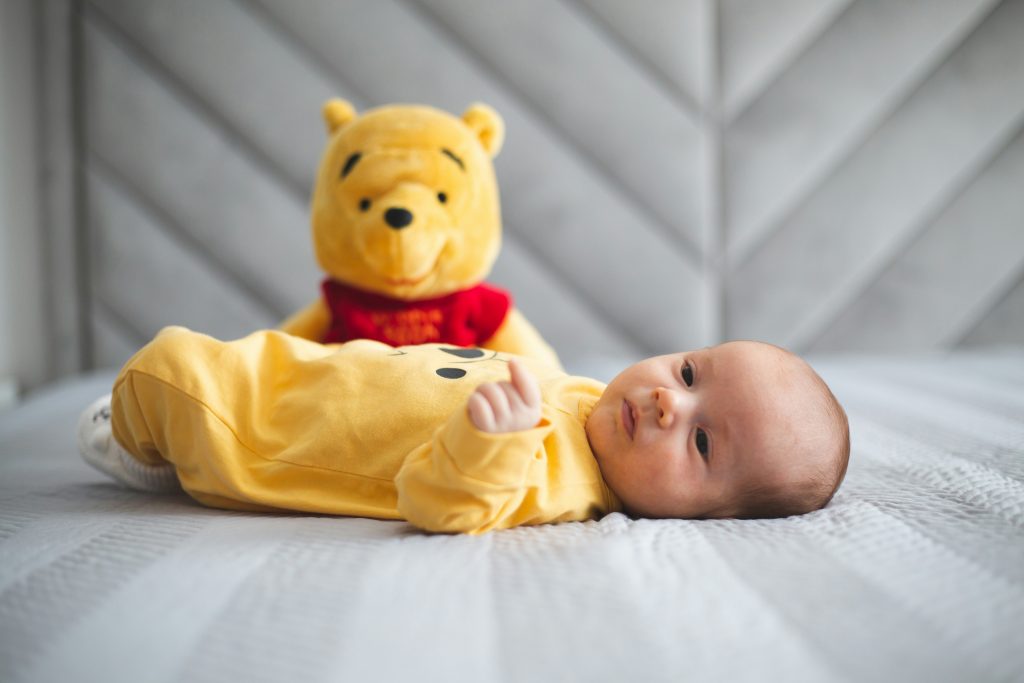Western Civilization is Worth Defending: Guest Column

Marco Rubio has made a name, and a meme, for himself as the indispensable figure in the American government. Last week, the Secretary of State added to his reputation at the Munich Security Conference, offering a statesman-like defense of the West, emphasizing the historic and religious foundations shared by America and Europe. He also critiqued a false and misleading view of civilizational history.
The fall of the Soviet Union, Rubio said, led to the dangerous delusion,
that we had entered, ‘the end of history;’ that every nation would now be a liberal democracy; that the ties formed by trade and by commerce alone would now replace nationhood; that the rules-based global order—an overused term—would now replace the national interest; and that we would now live in a world without borders where everyone became a citizen of the world.
Here, Rubio referenced, without naming, political scientist Francis Fukuyama’s “End of History” thesis. Fukuyama adopted G.W.F. Hegel’s philosophy of “History,” as the record of inevitable human advancement from one age to the next.
Though Fukuyama’s view helps explain why progressive politicians constantly claim to be on “the right side of history,” Rubio soundly rejected such thinking as “a foolish idea that ignored both human nature and . . . the lessons of over 5,000 years of recorded human history.” Such thinking, Rubio added, “has cost us dearly.”
Like Winston Churchill’s 1941 appeal to the United States—where he rallied the New World to partner with the Old World amid World War II—Rubio grounded a similar call in our shared heritage:
The men who settled and built the nation of my birth arrived on our shores carrying the memories and the traditions and the Christian faith of their ancestors as a sacred inheritance, an unbreakable link between the old world and the new.
We are part of one civilization—Western civilization. We are bound to one another by the deepest bonds that nations could share, forged by centuries of shared history, Christian faith, culture, heritage, language, ancestry, and the sacrifices our forefathers made together for the common civilization to which we have fallen heir . . .
We want allies who are proud of their culture and of their heritage, who understand that we are heirs to the same great and noble civilization, and who, together with us, are willing and able to defend it.
Rubio’s speech appealed to a different understanding of civilizational history and stressed two key points. First, civilizations decline if they are not stewarded and protected. They must be protected from threats from within. Second, civilizations conflict with other civilizations that are built on alternative visions. Thus, they must be defended from threats from without.
In response to Rubio’s speech, Congresswoman Alexandria Ocasio-Cortez (D-NY) stated that Western culture has a “thin” foundation, and that culture itself is an “evolving thing that is a response to the conditions that we live in.” Instead, it is “material, class-based” interests which should prevail.
Ocasio-Cortez’s views of social Darwinism and neo-Marxism also adopt a Hegelian philosophy of “History.” All is explained by the economic class struggle between the oppressors and the oppressed. After stumbling around a good bit, the Congresswoman advocated a rehashed form of Critical Theory, which radically misunderstands human nature and historical facts. For quick reference to the terror, torture, famine, massacres, and atrocities that result when history and culture are reduced to class struggle, see The Black Book of Communism, published by Harvard University.
In contrast, Rubio spoke to why America was committed to defending Western Civilization. Because doing so was defending “a way of life” that provided more freedom and opportunity than any other civilization in history. While not perfect, Western civilization “. . . has every reason to be proud of its history,” Rubio said.
Even more, it is the choices we make, not blind historical trends, that will shape the future. According to Rubio, “our predecessors recognized that decline was a choice, and it was a choice they refused to make . . ..[W]e in America have no interest in being polite and orderly caretakers of the West’s managed decline.”
Christians should be the first to defend and promote what is good and worthy of preserving. We should also reject the delusion that blind historical forces canbring inevitable progress to the world. As Os Guinness and others articulated in the recent documentary Truth Rising, Western civilization is at a critical moment. How will we respond?
This Breakpoint was co-authored by Andrew Carico.
Copyright 2026 by the Colson Center for Christian Worldview. Reprinted from BreakPoint.org with permission.





